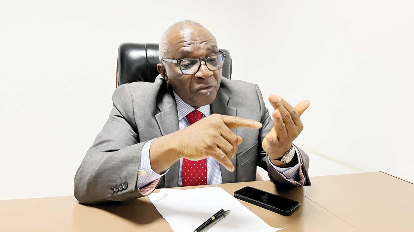
A new wave of political discourse has erupted as the Presidency sharply responded to former Vice President Atiku Abubakar, dismissing his proposed agenda as an untested and unreliable alternative to the current administration’s approach.
The statement, issued by the Presidential spokesperson, underscores the administration’s view that Atiku’s recent criticism lacks the depth and proven strategy required to address Nigeria’s complex socio-economic issues.
In recent months, Atiku, a prominent opposition figure, has ramped up his critique of the government’s policies, highlighting persistent inflation, unemployment, and security concerns as indicators of administrative failure.
He claims that his own agenda offers viable solutions and a clear path to national improvement, emphasizing more aggressive economic reforms, targeted job creation programs, and a revitalized security framework.
The Presidency, however, dismissed these claims, stating that Atiku’s agenda lacks the substance needed to effect meaningful change. According to the statement, “Nigeria is not a testing ground for political experiments. The challenges we face are deeply entrenched and demand comprehensive, time-tested solutions that go beyond campaign rhetoric.” The spokesperson further argued that the current administration’s gradual, systematic approach is necessary for sustainable development, adding that the government’s policies are designed for long-term stability rather than quick fixes.
The exchange comes at a time when Nigeria faces escalating economic challenges, from rising prices to job shortages, which have fueled public frustration.
Many Nigerians are demanding solutions that can alleviate their daily struggles, and opposition voices like Atiku’s have gained attention by questioning the efficacy of current policies. However, the Presidency emphasized that rapid and unproven policy shifts could have destabilizing effects, urging citizens to support the administration’s ongoing efforts toward gradual economic recovery.
Atiku, who has long positioned himself as an advocate for reform, insists that Nigeria needs bold changes to overcome its current predicament.
His supporters argue that the administration’s “slow and steady” approach is insufficient to address the immediate needs of Nigerians. Yet the Presidency maintains that his vision remains untested and speculative, stating that lasting progress requires a disciplined and methodical approach rather than “unverified promises.”
This back-and-forth between the Presidency and Atiku reflects a deeper struggle within Nigerian politics as leaders debate the best path forward for a nation seeking relief from hardship.
While Atiku’s platform resonates with segments of the population eager for rapid change, the government argues that carefully measured progress is the only path to sustainable development.






